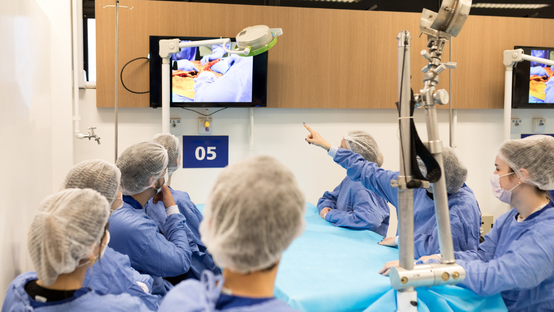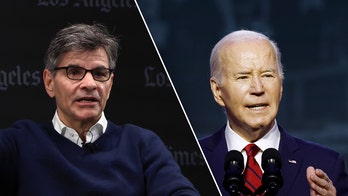In a monumental decision, the Supreme Court has ruled that former President Trump, as well as future presidents, enjoy substantial immunity from criminal prosecution for official acts carried out during their tenure in office. The ruling has profound implications for the ongoing prosecution of Trump, who is facing charges related to the January 6th Capitol riot and alleged interference in the 2020 election.
The Supreme Court has delivered a decisive blow to the ongoing legal battle against former President Trump, ruling that presidents possess absolute immunity from criminal prosecution for official acts. This monumental decision has upended the unprecedented prosecution of Trump, who is facing charges related to the January 6th Capitol riot and alleged interference in the 2020 election.

Supreme Court's Landmark Ruling: Presidents Granted Substantial Immunity from Criminal Prosecutions for Official Acts
In a 6-3 majority opinion, the Court held that the President of the United States is not above the law, but Congress may not criminalize presidential conduct that falls within the scope of their official duties. This immunity stems from the separation of powers enshrined in the Constitution, which demands an "energetic, independent Executive."
The Court's ruling has sent shockwaves through the legal community and has raised questions about the future of presidential accountability. However, the decision also highlights the delicate balance between upholding the rule of law and preserving the integrity of the presidency.

Supreme Court's Landmark Ruling: Presidents Granted Substantial Immunity from Criminal Prosecutions for Official Acts
Justice Clarence Thomas penned a separate concurring opinion that cast doubt on the constitutional appointment of Special Counsel Jack Smith, who is leading the investigation into Trump's alleged crimes. Thomas argued that the Attorney General may have violated the Appointments Clause by creating an office of the Special Counsel that has not been established by law.
Thomas questioned whether the Special Counsel's office was "established by Law," as required by the Constitution. He noted that the Attorney General did not identify any statute that clearly creates such an office, raising concerns about Smith's authority to prosecute Trump.

Supreme Court's Landmark Ruling: Presidents Granted Substantial Immunity from Criminal Prosecutions for Official Acts
Thomas's concurrence has added another layer of uncertainty to the already complex case against Trump. It is unclear whether the Court's concerns about Smith's appointment will ultimately derail the prosecution or lead to further legal challenges.
Meanwhile, Trump's attorneys have hailed the Supreme Court's ruling as a victory for the rule of law and the separation of powers. They argue that the decision vindicates Trump's claim that he cannot be prosecuted for actions taken while serving as president.

Supreme Court's Landmark Ruling: Presidents Granted Substantial Immunity from Criminal Prosecutions for Official Acts
However, legal experts warn that the ruling does not absolve Trump of all criminal liability. While he may be immune from prosecution for official acts, he could still face charges for alleged crimes that fall outside the scope of his presidential duties.
The Supreme Court's decision has set a precedent for the future of presidential immunity, limiting the ability of Congress to criminally punish presidents for their official conduct. It remains to be seen how this ruling will impact the ongoing prosecution of Trump and the accountability of future presidents.










